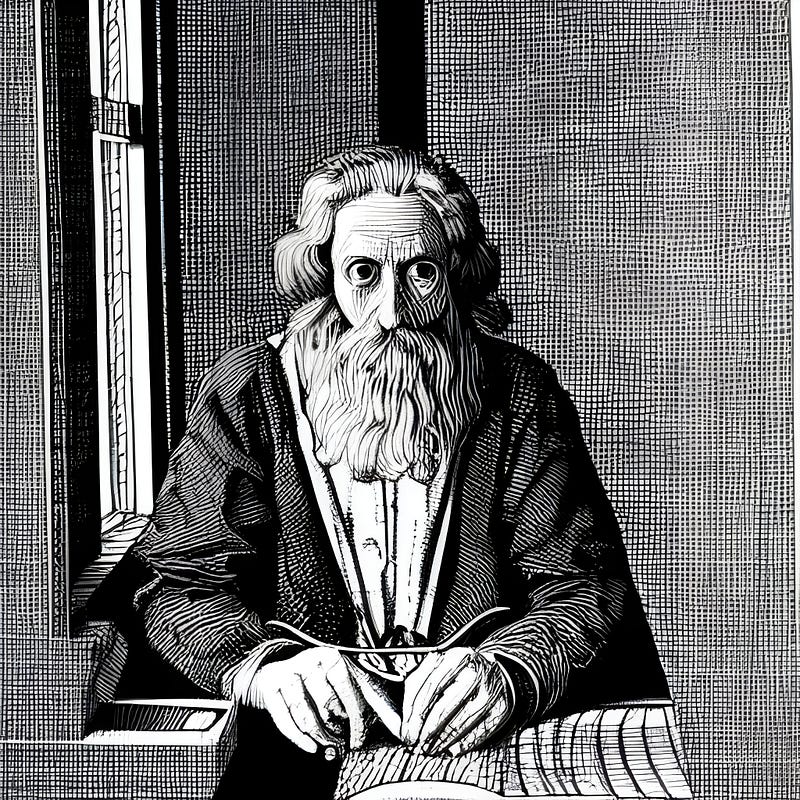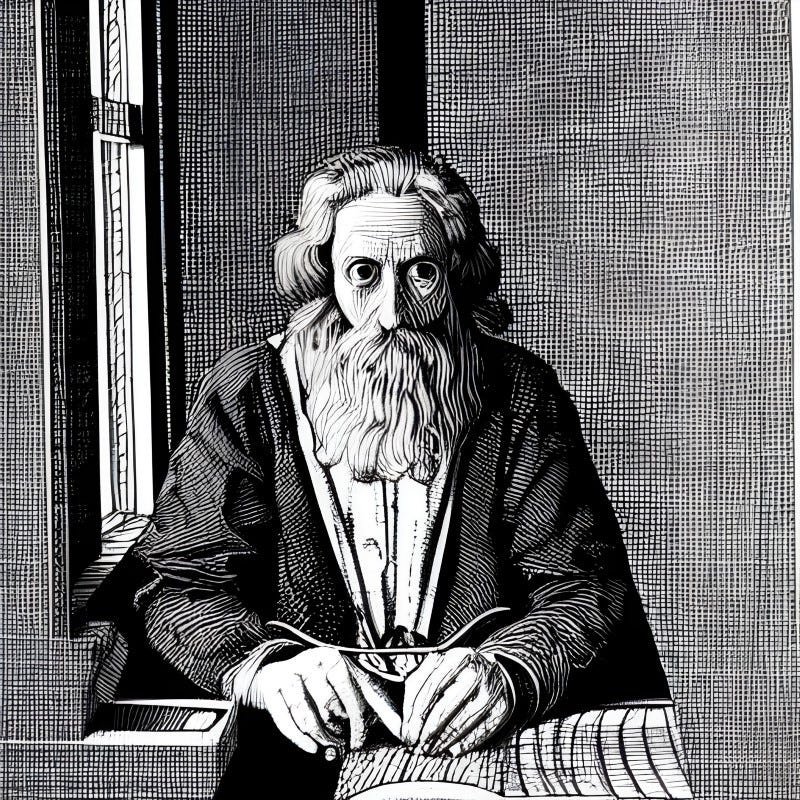You Don’t Have ADHD You’re Just Incredibly Curious
Are you someone with a wide range of interests? Do you find yourself immensly curious about a large and diverse amount of topics? Subjects…
Are you someone with a wide range of interests? Do you find yourself immensly curious about a large and diverse amount of topics? Subjects sometimes so varied, you’re left wondering if something’s wrong with you or you have some form of attention deficit disorder. Well relax, because you’re in good company.
Benjamin Franklin, Nikola Tesla, Leonardo da Vinci, Hedy Lamarr, Michael Angelo, Marie Curie, Viktor Schauberger, George Washington Carver, are just a handful of geniuses that lived in earlier times. Some common traits they shared was incredible curiousity and a huge capacity for focus that allowed them to work on intractable problems. Many of them devoted their entire lives creating solutions and discoveries that literally changed the world.
You could say that these were “polymaths”. When a person’s knowledge covers many different areas, he or she is a polymath. The Greek word for it is polymathes, “having learned much,” with poly meaning “much,” and manthanein meaning “learn.” Definitions of polymath. a person of great and varied learning.
Hedy Lamarr’s story is a perfect example of a polymath. She was a successful hollywood actress, a celebrated femme fatale. But few people to this day, know that she was also an inventor. She met a kindred spirit in George Antheil, an avant-garde pianist, composer and novelist who also had an interest in engineering. And when the pair realised that enemy forces were jamming the Allied radio signals, they set about looking for a solution. The result was a method of signal transmission called ‘frequency-hopping spread spectrum’ (patented under Lamarr’s married name, Markey) that is still used in much of today’s wireless technology. If it weren’t for an actress and a pianist, GPS and WiFi might not exist.
I don’t know how and when the shift happened. How did we go, in such a short period of time, from forgetting about the awesome power of incredible curiosity to our current society’s educational standard for single focus interest or specialization?
Today, in contrast to the past, if you tend to jump from topic to topic, consuming many points of interests, you’re deemed to be a person who lacks focus. This is a huge problem for young people in the education system and perhaps why ADHD has become a modern epidemic of our time.
Adult ADHD: A 21st century epidemic?
The danger here is that intense curiousity could be easily misinterpreted as a lack of focus. Boredom with school creates it’s own host of issues. Einstein himself suffered from a lack of interest and motivation in his earlier years of schooling.
As for myself, although I had the capacity for great focus, I couldn’t understand my propensity for learning about such a wide variety of stuff like art, physics, sustainability, psychology, architecture, design, real estate, web development, etc, etc, etc. You get the point.
It was only when I discovered the author Barbara Sher that I experienced the most important paradigm shifts. In her book, “Refuse to Choose! She coined the term “scanners”.
She says that a scanner personality is hard-wired to have many passionate interests rather than just one single driving passion. Scanners are identified as people who have, “intense curiosity about numerous unrelated subjects,” who “love to read and write, to fix and invent things, to design projects and businesses, to cook and sing, and to create the perfect dinner party,” and that it is duty and privilege of said persons to not limit themselves by believing that they should just stick to one thing all their life. Scanners are encouraged to embrace their curiosity, inquisitiveness, and passion for learning just for the pure physical/mental/emotional pleasure that comes from it. and all this no matter if they don’t get paid for it or if they can turn it into a life-long career. Sher suggests that Scanners keep, what she calls, a Scanner’s Daybook, or a “place to capture your best ideas and also the tangents that pull you off those ideas,” that are similar in style to Da Vinci’s notebooks.
Some scanners can also be considered as “polymaths” — people who have a variety of interests and knowledge on a range of topics. The idea has come out of style in times where specialization is hailed as the ultimate key. But there is no use ignoring your instincts. If you are a scanner, embrace it. It will make you happier.
Thankfully I discovered that there are many people out there like me and we don’t need Ritalin!





